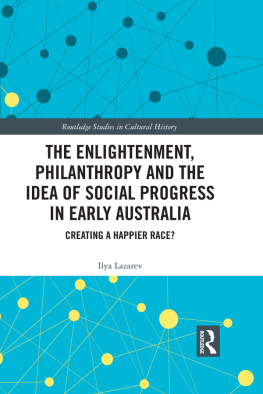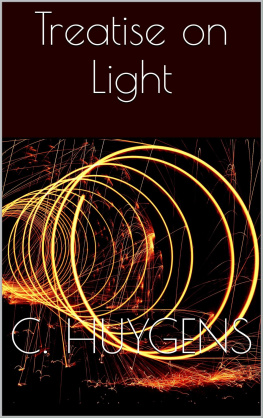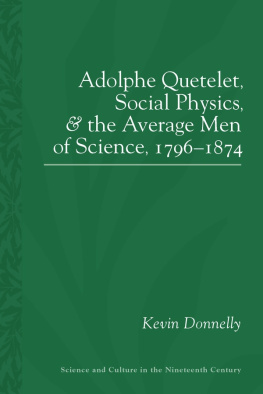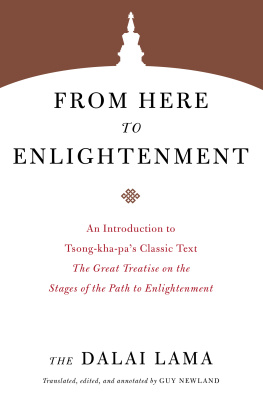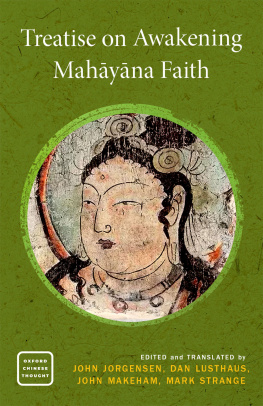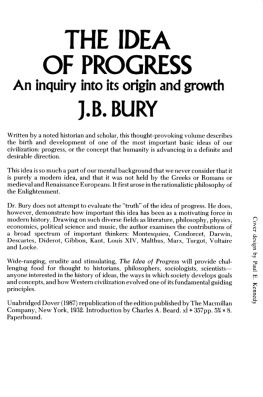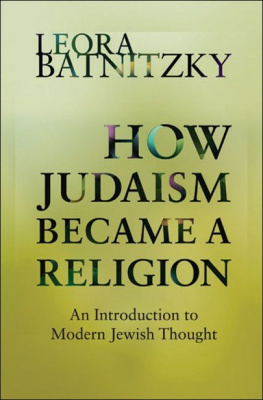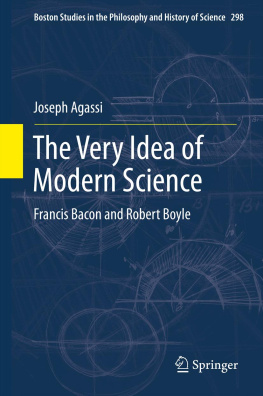First published 2009 by Transaction Publishers
Published 2017 by Routledge
2 Park Square, Milton Park, Abingdon, Oxon OX14 4RN
711 Third Avenue, New York, NY 10017, USA
Routledge is an imprint of the Taylor & Francis Group, an informa business
Copyright 2009 by Taylor & Francis.
All rights reserved. No part of this book may be reprinted or reproduced or utilised in any form or by any electronic, mechanical, or other means, now known or hereafter invented, including photocopying and recording, or in any information storage or retrieval system, without permission in writing from the publishers.
Notice:
Product or corporate names may be trademarks or registered trademarks, and are used only for identification and explanation without intent to infringe.
Library of Congress Catalog Number: 2009000797
Library of Congress Cataloging-in-Publication Data
Beccaria, Cesare, marchese di, 1738-1794.
[Dei delitti e delle pene. English]
On crimes and punishments / Cesare Beccaria; translated by Graeme R.
Newman and Pietro Marongiu.
p. cm.
Includes bibliographical references.
ISBN 978-1-4128-1015-9 (alk. paper)
1. Punishment--Europe--Early works to 1800. 2. Criminal justice,
Administration of--Europe--Early works to 1800. I. Title.
HV8661.B3 2006
364.6--dc22
2009000797
ISBN-13: 978-1-4128-6402-2 (pbk)
ISBN-13: 978-1-4128-1015-9 (hbk)
The rays of the sun
Drive away the night;
Destroyed is the hypocrites
Superstitious power.
Sarastro in Mozarts The Magic Flute
What did you do to earn all this? You took the trouble to get born nothing more.
Figaro denounces Count Almaviva in The Marriage of Figaro (from
the play by Pierre Augustin Caron de Beaumarchais, 1778; later
transformed by Mozart into his opera La Nozze di Figaro).
Beccaria wrote at an exciting time. The great Western philosophers of the seventeenth and eighteenth centuries brought light to a world of darkness; a world kept dark by religion and the privileges of noble rank. Though it is difficult to settle on exact dates for the period of the enlightenment in Western thought, generally, it filled an exciting and at times turbulent century from roughly the late 1600s to the late 1700s. But there was no real beginning, rather a rediscovery and reinterpretation of the legacy of the great classical thinkers of Greece and Rome, thinkers whose ideas were, in large part, suffocated by several centuries of the Church, especially soon after the renaissance ebbed away, lying dormant, waiting rediscovery. The Philosophes of western Europe directly assaulted the centuries old canon of privilege by birth. A self made man was to be admired and deserved better. It was as though they were preparing men for the industrial revolution that was just around the corner. And of course, they embraced the principles of science, so ably expounded by Bacon, whom Beccaria quotes at the beginning of the Treatise.
Nor has the enlightenment period really passed. Nineteenth-century thinkers such as Darwin and Marx each logically extended the ethos of the enlightenmentMarx with his critique of individualism coupled with egalitarian advocacy, especially in his early writings, and Darwin with a logical extension of the scientific ethos of the enlightenment that did not doubt that it would overtake even the work of God. And the twentieth century, perhaps the century of unbridled enlightenment saw Freud extend the iconic idea of the enlightenment, the pursuit of happinessunhappily as it turned outas the scientific basis for understanding all of human behavior. Yet Freuds insights provided the framework for the first concerted effort to disavow the enlightenment, with the writing of the Dialectic of the Enlightenment by Horkheimer and Adorno (2002) arguing that it had not set men free, but rather had set free their resentment and repressed violence, resulting in the genocidal acts of the twentieth century, especially the holocaust of World War II. Foucault took this further and argued that the enlightenment had not set man free at all, but had enchained him inside the unseen hand of social control, wrought by the increasingly alienating engines of technology and industry (Foucault, 1961, 1977).
But in America, the enlightenment is reaffirmed every day by a government and constitution that owe not a little to its revolutionary ideas.
It is against this rich tapestry that we must view Beccarias Treatise. Beccaria has brought to bear many, perhaps all, the great ideas of the enlightenment thinkers on the problem of crime and criminal justice. In that sense, there is little in the Treatise that is original. Montesquieu in particular had written much about the origin and meaning of law as had Voltaire who not only wrote about the law, but also practiced it in a reformist manner. Beccarias use of the many ideas of other enlightenment thinkers also makes for considerable difficulty in interpreting what he has written, because although all the enlightenment thinkers were driven by a dominant ethos of breaking away from the chains of religion and advocating free men and free minds, there was much disagreement as to how this might be achieved, especially on what an enlightened, scientific society would be likeexcept in very general terms, that is, the greatest happiness for the greatest number, upon which all agreed. The result is that the Treatise contains many passages that are ambiguous, and many passages that are contradictory.
Understanding the Treatise
There are three master themes of the enlightenment that run through the Treatise. These are the idea of the social contract, the idea of science, and the belief in progress. These are set within the context of a utilitarian view of society based on the greatest happiness for the greatest number, in turn based on a conception of human nature that was essentially hedonistic, that is, happiness was generally equated with pleasure and/or the avoidance of pain. The idea of the social contact forms the moral and political basis of the reformist zeal that exudes from the Treatise. The idea of science provides the dispassionate and reasoned appeal of the reforms; the belief in progress, inextricably bound to the idea of science, provides the necessary optimism for accepting Beccarias proposals and at the same time a passionate critique and rejection of past practices. Many of the enlightenment thinkers were conflicted about their own arguments, so it is understandable that Beccaria may reproduce such ambivalence. Yet the tone of Beccarias writing reflects little uncertainty. The Treatise is essentially an ideological tract designed to persuade its readers and even shock them where it is safe to do so.
The first five chapters: To the Reader, Introduction, and Chapters I through III set the political and philosophical groundwork for the rest of the Treatise. This ground is essentially that of the social contract, which is where we begin in this introduction for it is surely the lynchpin to the entire


